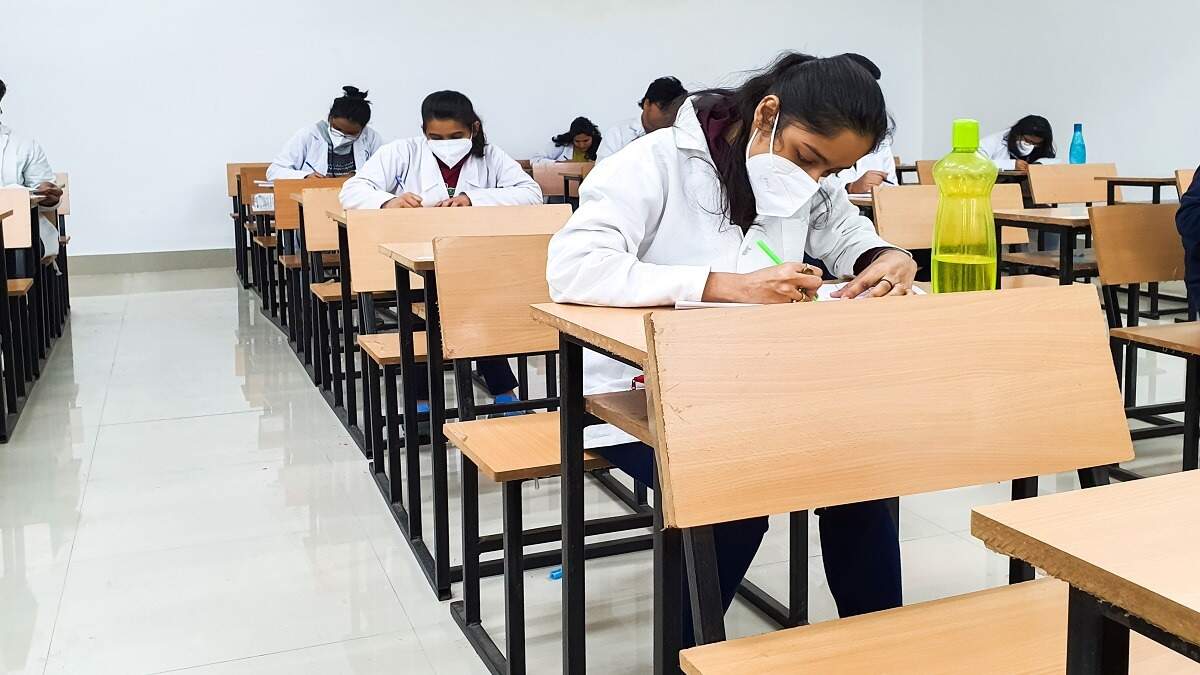CBSE's New Approach: Board Exams to be Held Twice a Year – Details and Implications

The Central Board of Secondary Education (CBSE) is exploring significant changes to its examination schedule in alignment with the National Education Policy (NEP) 2020 and the new National Curriculum Framework (NCF). One of the major proposed changes is the shift to conducting board exams twice a year. This adjustment is driven by the need to enhance flexibility and address the challenges faced by schools both in India and abroad.

Proposed Options for Twice-a-Year Board Exams
-
Semester System: The semester system would involve two board exams per year, typically scheduled six months apart. This would mean:
- First Exam: January-February
- Second Exam: March-April or June (with supplementary or improvement exams)
-
Alternative Scheduling:
- First Exam: January-February
- Second Exam: March-April
- Supplementary or Improvement Exams: Scheduled later in the year, possibly in June.
Challenges and Considerations
-
Geographical and Logistical Challenges: CBSE schools are spread across the country and internationally. Coordinating exam schedules that accommodate both domestic and international schools poses logistical difficulties.
-
Academic Calendar Adjustments: The current academic calendar includes summer and winter breaks tailored to regional weather conditions. Implementing a twice-a-year exam system would necessitate adjustments to these breaks.
-
Preparation Time: Conducting exams twice a year involves extensive planning. The process requires at least 55 days for tasks including:
- Student registration
- Issuing notifications
- Conducting practicals and written exams
- Result preparation
- Verification and re-evaluation
-
Timetable Planning: Ensuring sufficient gaps between the two sets of exams is critical. Creating a workable timetable that balances academic and examination requirements will be a complex task.
-
Stage Complexity: Currently, the CBSE exam process involves over 150 stages. Shifting to a biannual examination system will require a detailed and robust planning strategy to manage these stages efficiently.
Official Insights
According to official reports, the feasibility of implementing the semester system is under review. The current structure involves various stages and complex scheduling, making the transition to a twice-a-year exam system a significant undertaking.
